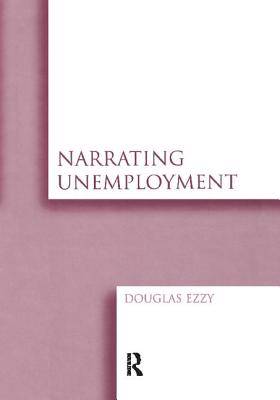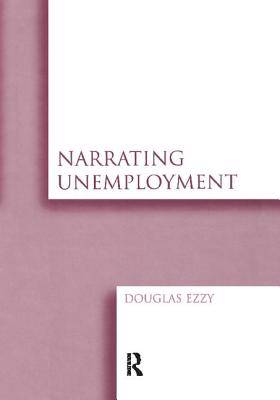
Door een staking bij bpost kan je online bestelling op dit moment iets langer onderweg zijn dan voorzien. Dringend iets nodig? Onze winkels ontvangen jou met open armen!
- Afhalen na 1 uur in een winkel met voorraad
- Gratis thuislevering in België vanaf € 30
- Ruim aanbod met 7 miljoen producten
Door een staking bij bpost kan je online bestelling op dit moment iets langer onderweg zijn dan voorzien. Dringend iets nodig? Onze winkels ontvangen jou met open armen!
- Afhalen na 1 uur in een winkel met voorraad
- Gratis thuislevering in België vanaf € 30
- Ruim aanbod met 7 miljoen producten
Zoeken
Omschrijving
Drawing on the emerging field of narrative theory in sociology and psychology, this book argues that an individual's response to job loss is a product of the shape of the story a person tells about their experience. This, in turn, is a product of both individual creativity and the structuring effects of their social location. Based on a qualitative study of the experience of unemployment in Australia, three main types of job loss narratives are identified. First, romantic narratives describe job loss as a positive experience of liberation from an oppressive job, leading to a gradually improving future. Second, tragic narratives describe job loss as undermining a person's life plan, leading to a phase of depression, anxiety and self-deprecation. Finally, job loss narratives may be complicated by marital breakdown or serious illness. The book breaks new ground in its use of narrative theory to account for the variations in responses to unemployment.
Specificaties
Betrokkenen
- Auteur(s):
- Uitgeverij:
Inhoud
- Aantal bladzijden:
- 176
- Taal:
- Engels
Eigenschappen
- Productcode (EAN):
- 9781138255210
- Verschijningsdatum:
- 30/04/2017
- Uitvoering:
- Paperback
- Formaat:
- Trade paperback (VS)
- Afmetingen:
- 152 mm x 219 mm
- Gewicht:
- 329 g

Alleen bij Standaard Boekhandel
+ 118 punten op je klantenkaart van Standaard Boekhandel
Beoordelingen
We publiceren alleen reviews die voldoen aan de voorwaarden voor reviews. Bekijk onze voorwaarden voor reviews.











